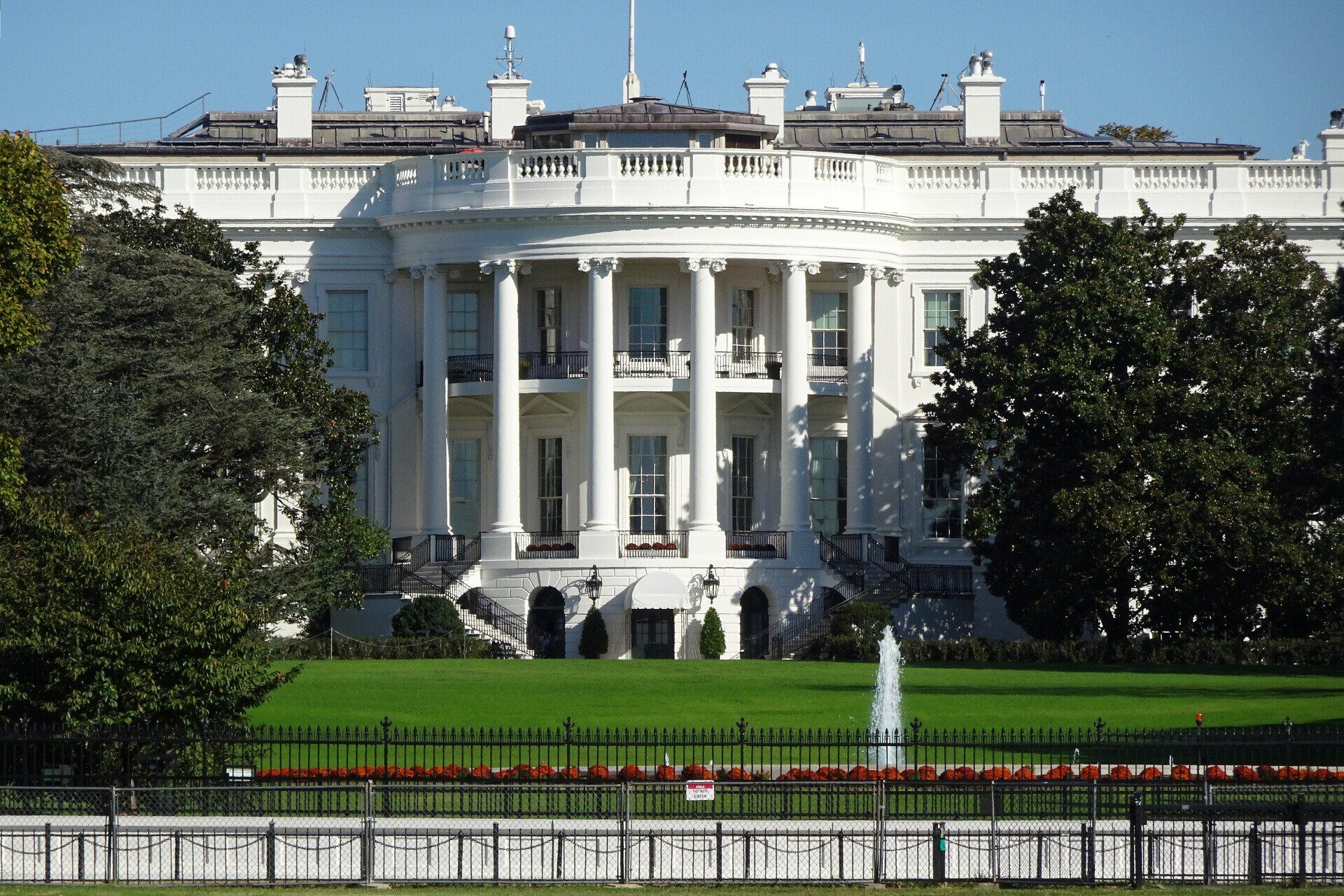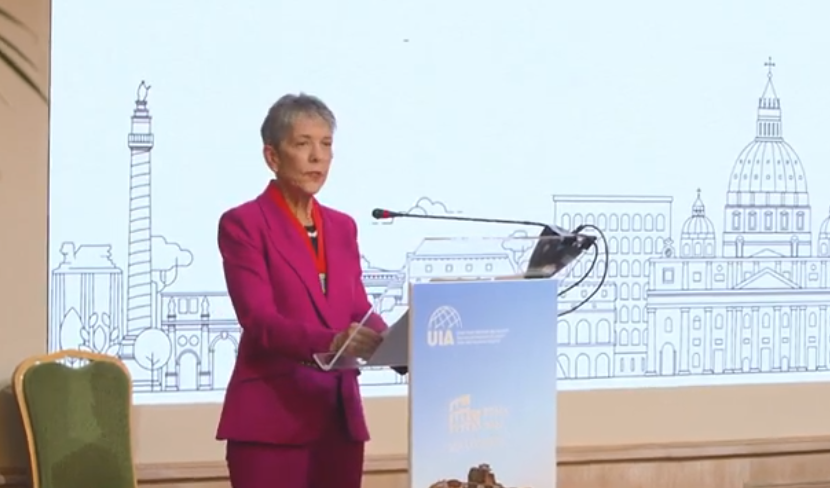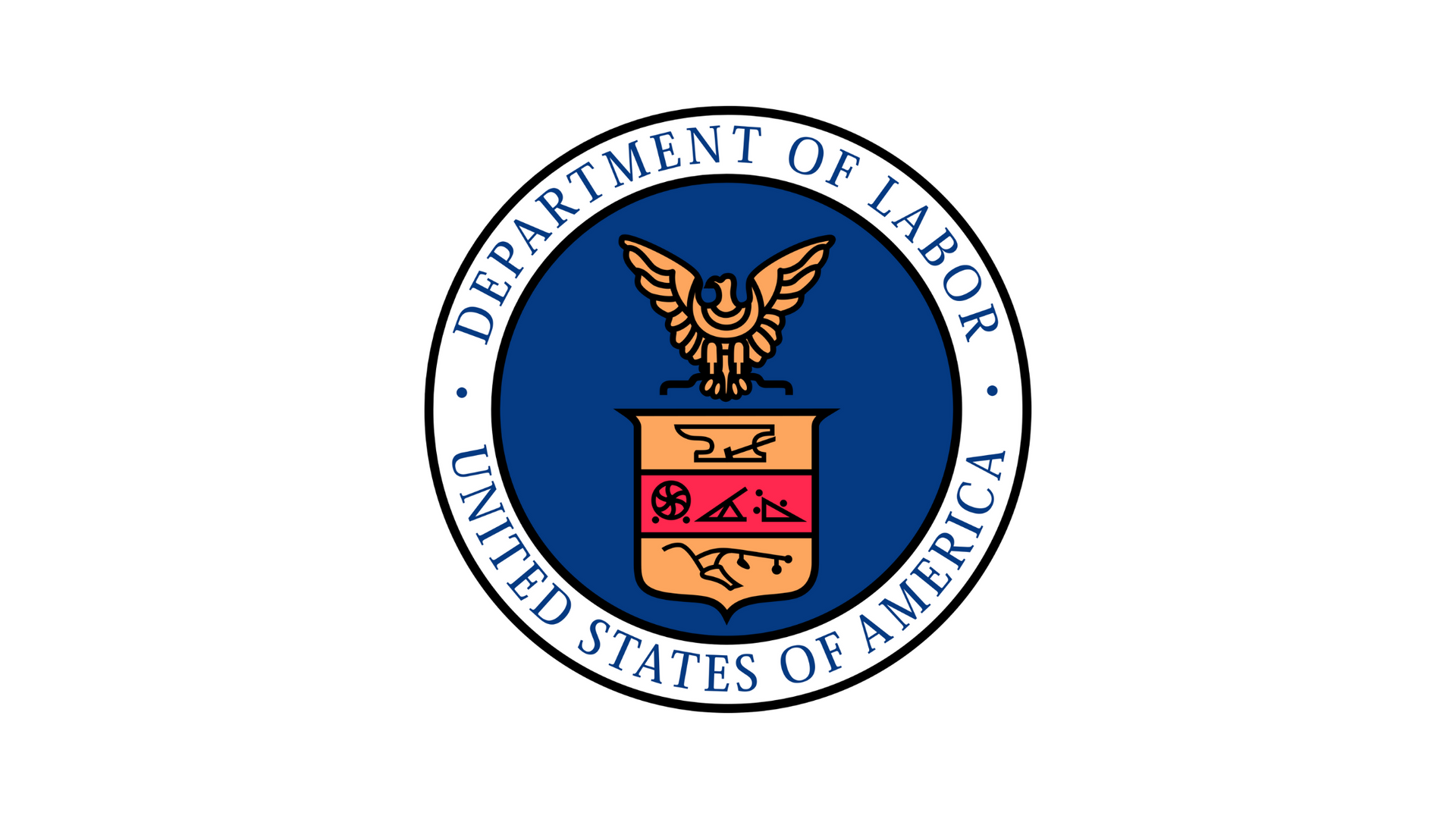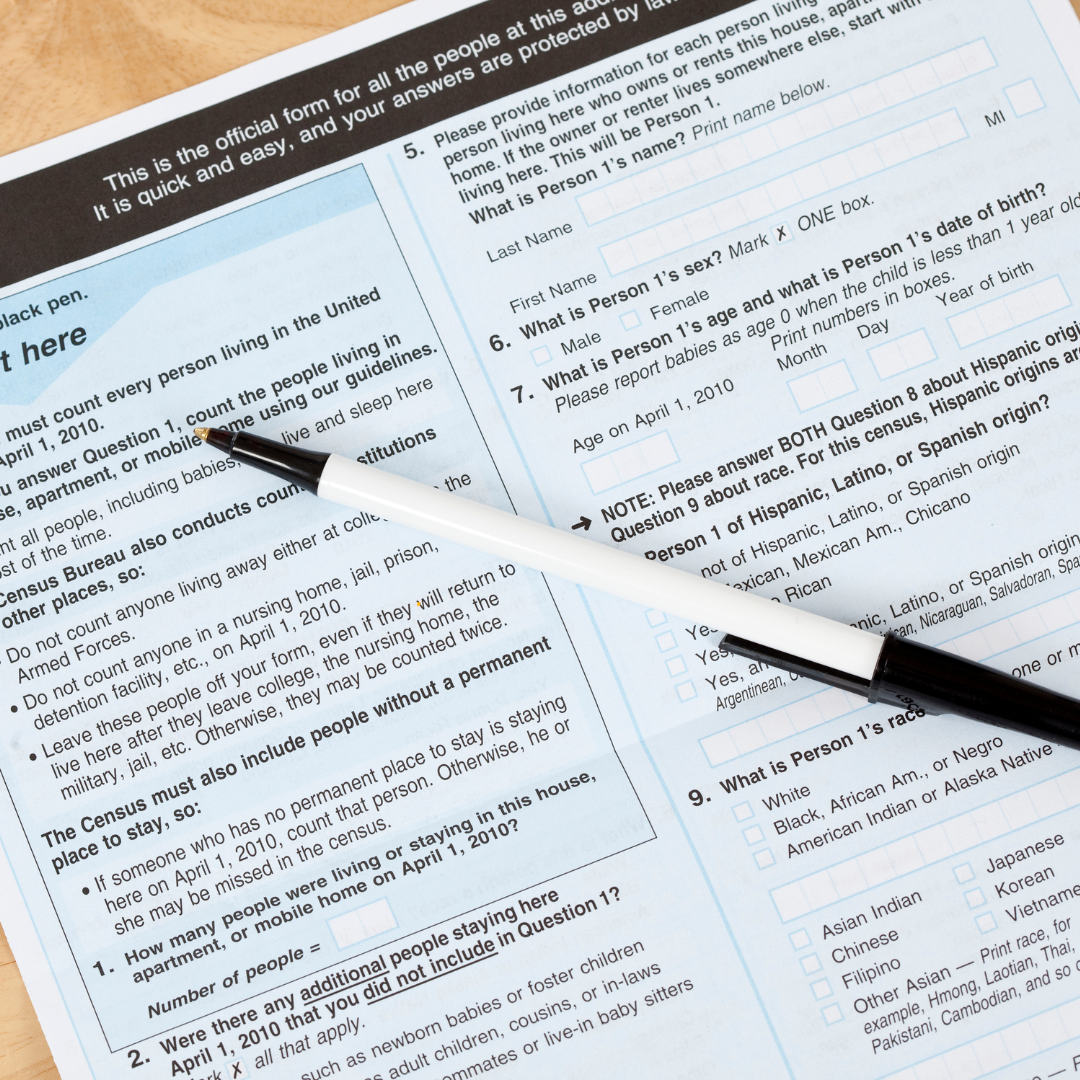Google Decision and Federal Contractors? Obligations to Provide Data to OFCCP
Overview: In a significant ruling addressing what additional information federal contractors must provide following the initial response to an OFCCP desk audit, a U.S. Department of Labor Administrative Law Judge ruled that there are significant limits on what OFCCP can demand. In OFCCP v. Google , the judge rejected most of OFCCP’s expansive multi-year data requests, and ruled instead that personnel data for only a second year, with protections for employees’ privacy, must be provided. The Google decision should be carefully reviewed by all federal contractors facing an OFCCP compliance evaluation to understand the limits on the Agency’s authority to request supplemental data and information. While the decision significantly reduced the data Google has to provide to OFCCP and was highly critical of OFCCP’s audit, the ruling should not be viewed as a complete win for federal contractors.
Background : The U.S .Department of Labor Administrative Law Judge (“ALJ”) Steven B. Berlin issued his delayed decision in OFCCP v. Google addressing OFCCP’s authority to collect additional data and information during a compliance evaluation on July 14, 2017.
OFCCP’s extensive data requests: In response to the initial Scheduling Letter, Google provided OFCCP its “snapshot” of employees as of September 1, 2015, which included all the compensation data required by Item 19. Subsequently, OFCCP requested Google supplement the snapshot with extensive information about the compensation and hiring programs and records and related data, and Google complied. Google also produced employees’ ID, country of citizenship, secondary country of citizenship, visa, and place of birth.
OFCCP then demanded that Google provide additional data for a second year for each employee employed by Google at its headquarters extensive, as well as complete salary history covering multiple years and personal contact information for up to 25,000 employees.
When Google refused to provide the data, OFCCP filed this action alleging the company failed to provide it with access.
The ALJ criticized OFCCP:
The ALJ’s 40-page decision concluded that OFCCP didn’t understand and has “not taken sufficient steps to learn” about Google’s workforce practices, that it was motivated by “an animus that is difficult to understand” and that a key witness from the OFCCP was “evasive” on the witness stand. The ALJ further found the OFCCP’s public attacks on Google’s work practices were based on “little more than speculation;” that it had a reckless disregard for Google employees’ privacy; and that its overbroad data requests comprised a “willy nilly search everywhere and
anywhere.” All of this while noting that OFCCP was auditing a company, Google, who had been “co-operative”.
What data Google must provide: The ALJ significantly limited the breadth of OFCCP’s requests, and ruled that Google must provide OFCCP with the September 1, 2014 snapshot data required by Item 19. In addition, he determined that Google should include in the snapshot, employees’ year of birth as well as all of the additional
data requested, other than data related to starting salary. The ruling also applied a low threshold for OFCCP justifying its expanded requests for contractor data, and did not require OFCCP to disclose its “indicators” or justifications.
Although the ALJ rejected OFCCP’s demand for personal contact information for more than 25,000 employees, he held that Google must provide personal data for 5,000 Google employees despite the ALJ’s stated concerns about OFCCP’s ability to protect information. For these employees selected by OFCCP from the two “snapshots,” Google is to provide the agency with the employees’ name, and the personal address, telephone number, and email address to the extent Google had such information. OFCCP can subsequently request the same personal information for an additional 3,000 employees.
Portions of OFCCP’s requests were denied:
The ALJ rejected OFCCP’s request for
complete salary and job histories of Google employees,
e.g. , for the entire period of employment for each employee, but stated that OFCCP could renew its request for the additional data if the Agency can show that its request is reasonable. The ALJ also
required that OFCCP engage with Google in “meaningful, good faith conciliation to resolve any dispute, including by showing why the information sought is reasonable, relevant, focused, and not unduly burdensome.”
Impact for future OFCCP reviews:
Based on this decision, contractors may have
limited ability to refuse to provide OFCCP with data for a two-year period prior to the desk audit letter that the agency claims is relevant, unless the contractor can show the data is unreasonable, irrelevant, unfocused, or unduly burdensome and that OFCCP is refusing to conciliate on the data requested.
For more information on the impact of this decision contact your Fortney Scott attorney.






All Rights Reserved | Powered by AutomationLinks | Terms & Conditions | Privacy Policy





